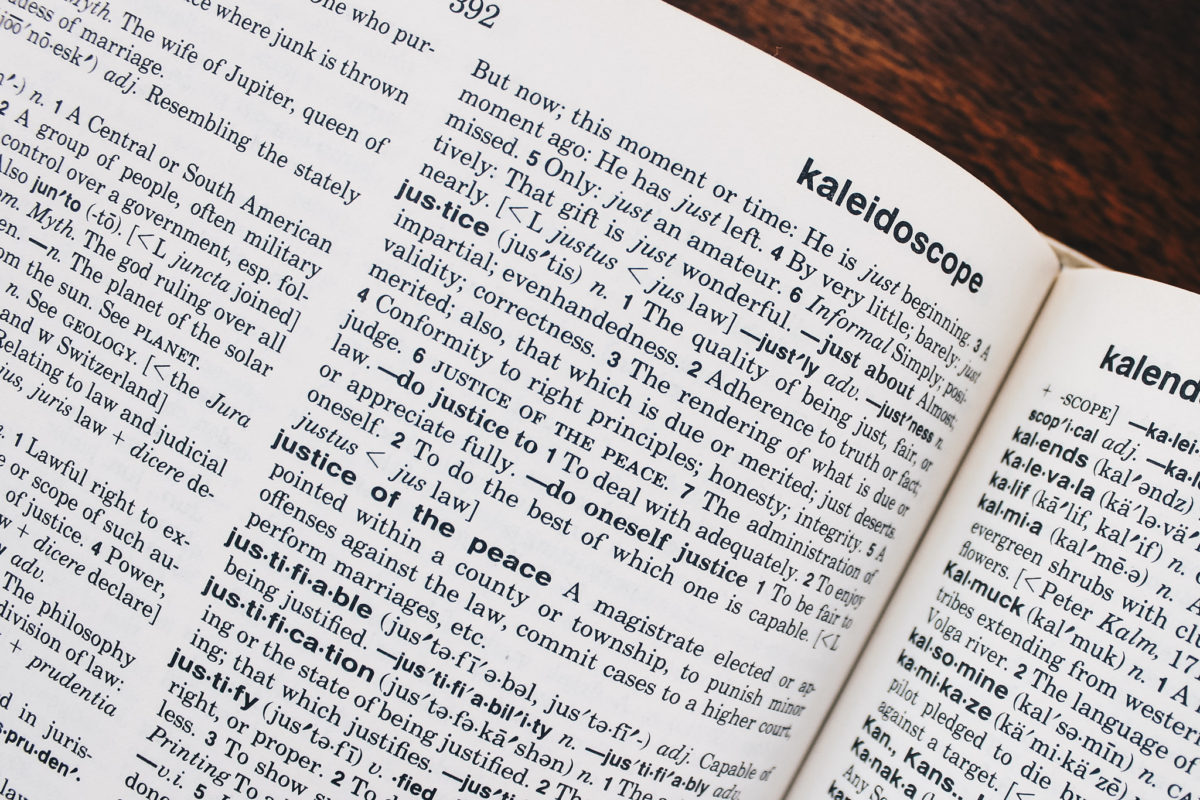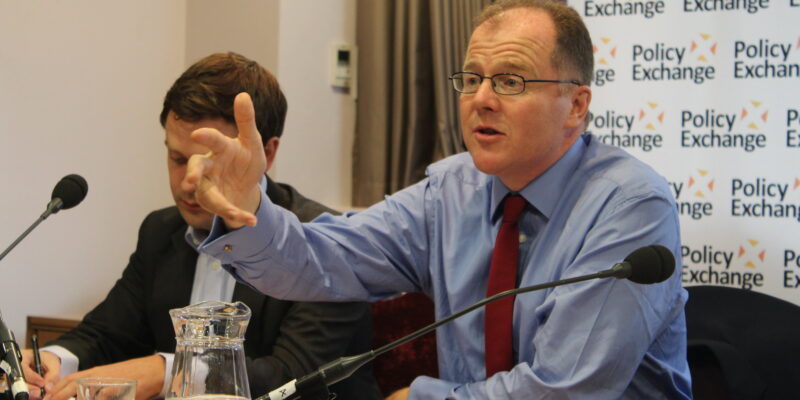Heading for a rule of law crisis? Senior members of UK government back sweeping centralisation of power in the hands of the executive
Statements from last week suggest trouble ahead for parliamentary democracy.

Last week was an ominous one for the state of the rule of law (the system of rules, institutions and principles that restricts the arbitrary use of power and provides access to justice) in the UK. Two interventions by senior Cabinet members, Justice Secretary, Dominic Raab and Attorney General, Suella Braverman, have generated considerable concern amongst democrats and progressives – especially, in the context of widespread international attacks on the rule of law, such as those seen in Poland and Hungary.
This international authoritarian wave consists of parties and leaders seeking to radically change the rules of the game in their favour by ‘taking over’ public and state institutions. The judiciary and public prosecutor’s office have been prized assets in this shift, as once controlled, or inhibited, the powerful can get away with breaking the law.
For historical and ideological reasons, the British elite never like to imagine they are law breakers bent on undermining the rule of law system. But there is a clear pattern in legislation towards authoritarianism, encompassing issues like the fundamental right to protest, refugee protection, and even the regulation of elections. The UK government’s threat to activate Article 16 of the Northern Ireland Protocol to suspend the treaty on the unlawful grounds that they do not like its effects provides another sign of these tendencies.
An attack on judicial independence and parliamentary sovereignty
Since the government’s conflicts with the courts in the period after the Brexit referendum, they have also turned on the independence of the judiciary, and especially the mechanism of judicial review that allows individuals or groups to challenge decisions made by the state or other public authorities. This mechanism was used in the Miller 1 (2017) and Miller 2 (2019) cases to successfully challenge the UK government. The courts found in the claimants’ favour on both occasions. In Miller 1, the Supreme Court determined that there was a need for a parliamentary vote to initiate a process of leaving the European Union. In Miller 2, the Supreme Court further found that the UK government’s prorogation of Parliament at the high point of the Brexit crisis was illegal. Both cases demonstrated the legal limits placed on the use of ‘royal prerogative’ (the powers held by the sitting government nominally in the Queen’s name) in UK law. They both asserted the rights of parliament (the legislature) in relation to the executive (the sitting government).
The UK government argues these cases were politically motivated. Last week, they appear to have gone further than the already draconian legislation before parliament, the Judicial Review and Courts Bill, suggesting they intend to completely ban these types of cases.
Suella Braverman told the Public Law Project Conference:
“I accept that there are debates as to the proper scope of parliamentary sovereignty, and how and when the Courts should intervene. However, it is crucially important that we neither permit, facilitate nor encourage judicial review to be used as a political tool by those who have already lost the arguments.”
Although both the Miller cases protected the rights of the UK parliament in relation to the executive, Braverman repeatedly argued they attacked the principle of parliamentary sovereignty. A proposal that she appears to endorse in the speech, made in a Policy Exchange report, would ban courts from ruling a government has acted unlawfully on the grounds of parliament sovereignty. This would amount to abolishing the (already very limited powers) that parliament has to hold the executive to account.
The argument that the government are seeking to protect parliament sovereignty from a political courts system simply does not stack up. In truth, they are engaging in the protection of government from scrutiny and accountability, not parliament from judicial interference. As Professor of Public Law at the University of Cambridge, Mark Elliott argued:
“The claims that are being advanced… appear… to protect parliamentary sovereignty. But the reality is that they are an attempt to aggrandise the executive, to extend executive authority, at the expense of Parliament, at the expense of the Courts and at the expense of fundamental constitutional principle.”
Human rights also at risk?
Dominic Raab’s intervention in an interview with the Sunday Times makes similarly worrying reading. He called for two major reforms – both of which are ominous for the rule of law:
- That the government would seek to undermine through domestic legislation the legal principle that the UK will abide by judgements of the European Court of Human Rights.
- And – covering similar terrain to Braverman’s subsequent speech – the creation of a mechanism that would allow government ministers to unilaterally overturn the outcome of judicial reviews that they lose.
It is not clear how serious these proposals are. For instance, if the UK was intending to leave the jurisdiction of the European Court of Human Rights, they would have to seek changes to the UK-EU Trade and Cooperation Agreement that ‘locks in’ membership of the body – and this was not mentioned in Lord David Frost’s Lisbon Speech on the reforms they were seeking to the Brexit agreements that they have negotiated and signed with the EU.
But further changes to the principle of judicial review look like they will be brought forward, possibly in the form of amendments to their own the Judicial Review and Courts Bill. This would be an ominous step for UK democracy as it sees yet another authoritarian lurch.
For a more extensive critique of the Braverman speech we recommend professor Mark Elliott’s video:
October 25, 2021
Brexit Spotlight is run by Another Europe Is Possible. You can support this work by joining us today. The website is a resource to encourage debate and discussion. Published opinions do not necessarily represent those of Another Europe.





